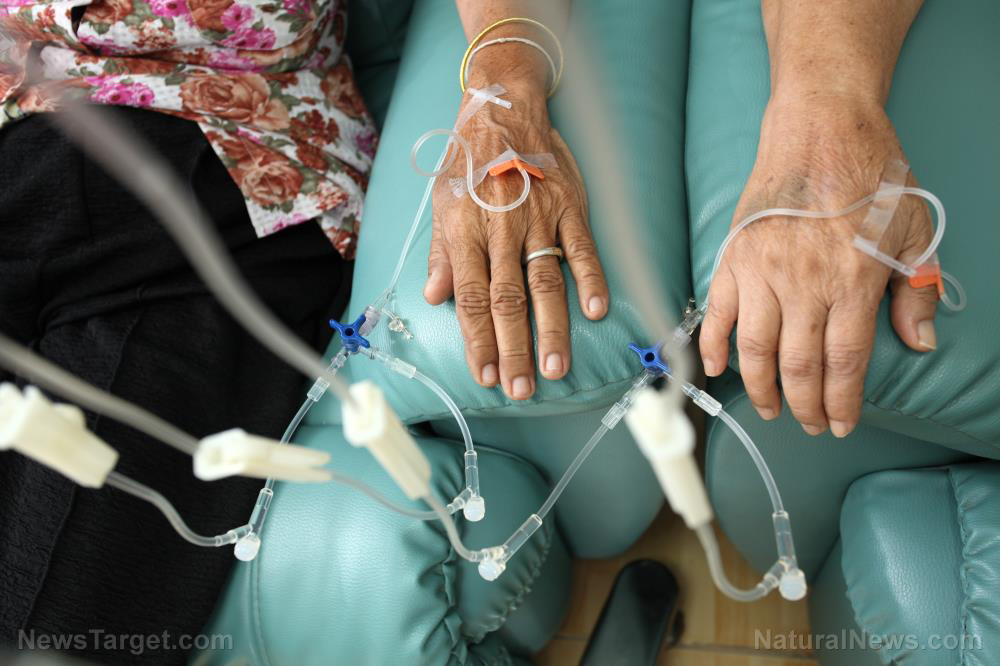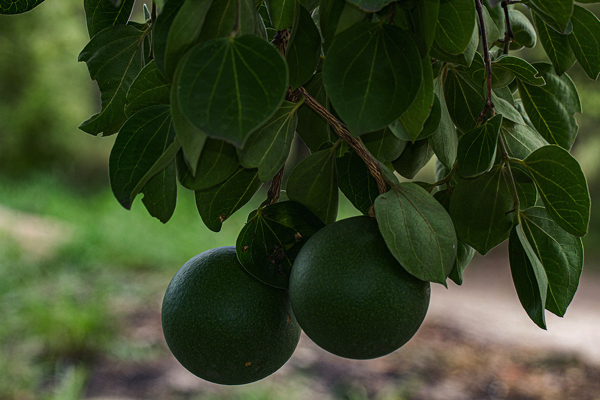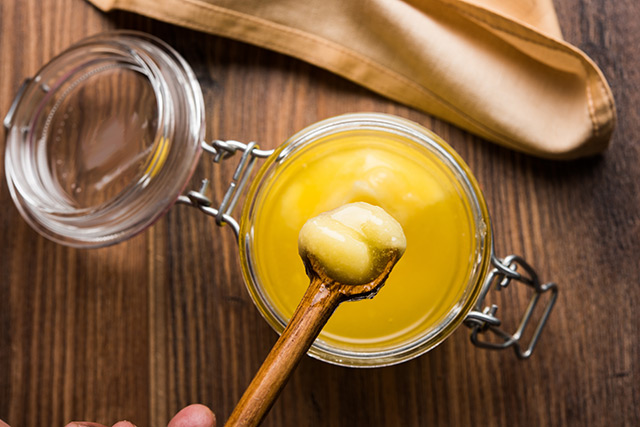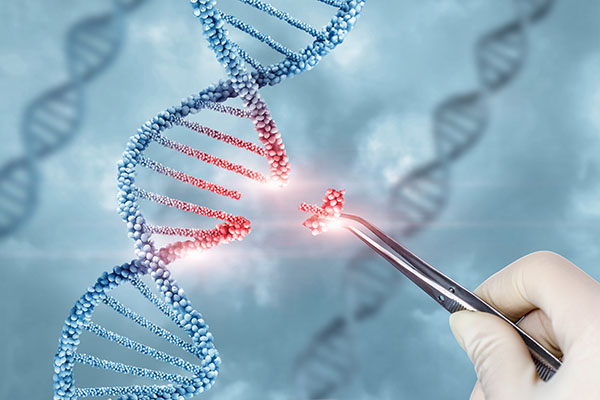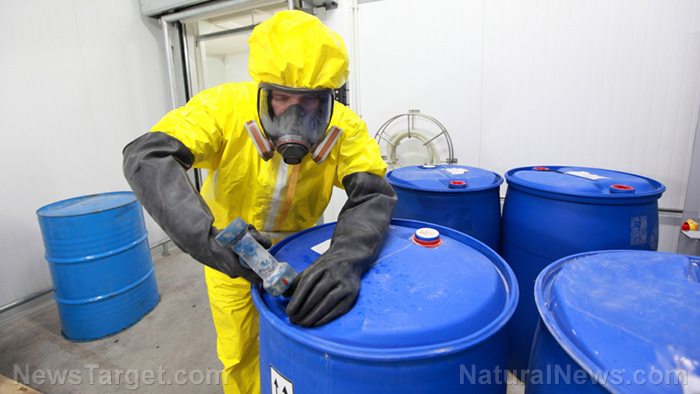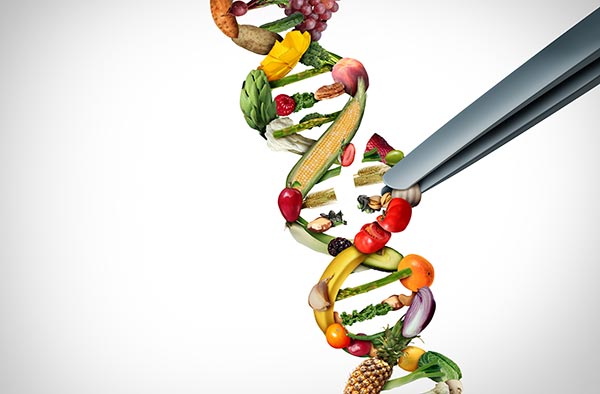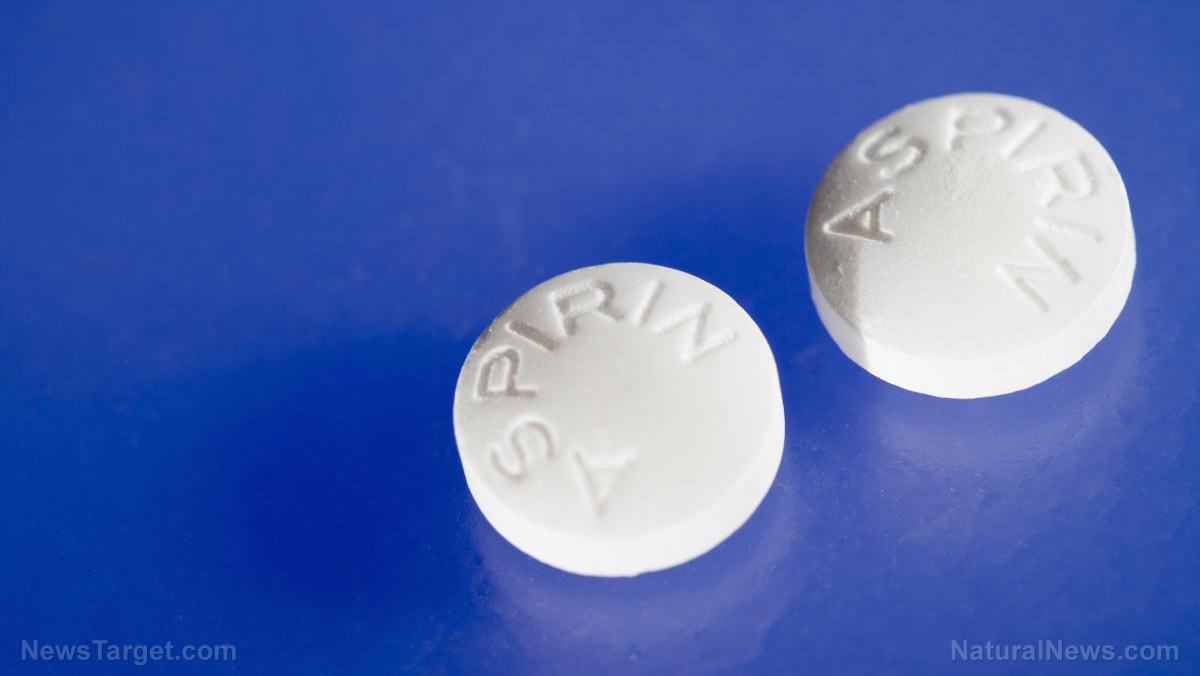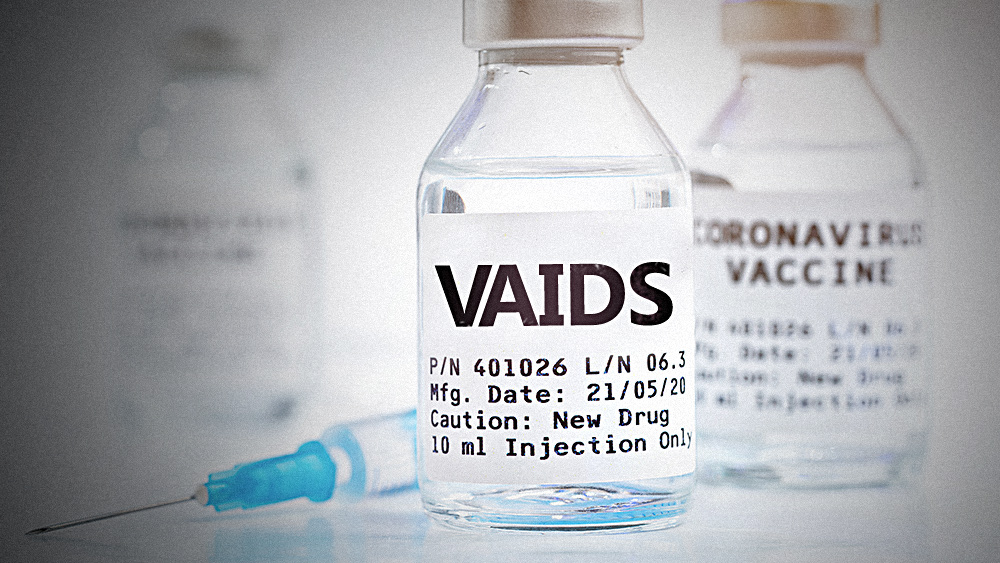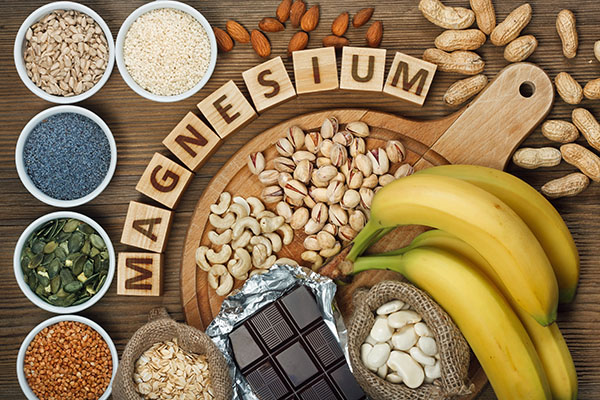Hemp seeds: Nature’s skin superfood emerges amid growing demand for natural beauty solutions
05/08/2025 / By Willow Tohi

- Maya Farah experienced reduced acne and redness after adding hemp seeds to her diet, highlighting their anti-inflammatory and nutrient-rich properties for skin health.
- Once overshadowed by marijuana, hemp seeds contain negligible THC and are now legally recognized (2018 Farm Bill) as a nutritional powerhouse, rich in omega fatty acids, proteins, and vitamins.
- Hemp seeds combat acne and eczema by regulating oil production, reducing inflammation, and promoting collagen synthesis, thanks to compounds like GLA, omega-3s, and zinc.
- Unlike marijuana, hemp seeds and oil contain minimal THC (?0.3%) and are non-psychoactive, making them safe for dietary and cosmetic use.
- Experts recommend 1-3 tablespoons daily (seeds or oil) for skin and overall health, with studies showing benefits like reduced acne. Hemp’s eco-friendly profile positions it as a future staple in wellness and skincare.
When Maya Farah began sprinkling hemp seeds on her morning yogurt, she wasn’t expecting a skincare breakthrough. Yet within weeks, the 32-year-old digital marketer from Austin, Texas, noticed a drastic reduction in acne and redness. “I wasn’t expecting it to work this well,” Farah said, describing how a simple dietary change transformed her complexion. Now, research and anecdotal reports are validating her experience: hemp seeds, rich in anti-inflammatory compounds and skin-friendly nutrients, are positioning themselves as a cornerstone of natural skincare. As global interest in plant-based wellness grows, this once-marginalized crop is sparking a renaissance in holistic health strategies.
From controversy to cornerstone: Hemp’s journey into mainstream health products
Hemp (Cannabis sativa L.) has long carried a cultural stigma, overshadowed by its psychoactive cousin, marijuana. Despite sharing the same species name, hemp seeds contain negligible THC — the compound responsible for psychoactive effects — and have been classified as a legal commodity in the U.S. under the 2018 Farm Bill, propelling their rise as a superfood.
Historically, hemp cultivation dates back millennia, prized for its fibrous stalks in textiles and paper. Its seeds, however, were largely understudied until recently. A 2024 review in Molecules highlighted hemp seeds’ exceptional nutritional profile, including complete proteins, omega fatty acids and bioactive compounds like gamma-linolenic acid (GLA). This shift—from neglected seed to sought-after ingredient—reflects broader cultural shifts toward natural health solutions.
Research confirms skin-supportive benefits of hemp seed components
Functional naturopath Jodi Duval, founder of Revital Health, emphasizes hemp’s dermatological potential: “The fatty acid balance in hemp seeds helps reduce skin inflammation, regulate oil production and support collagen synthesis,” she said. Clinical studies corroborate these claims. Omega-3s and omega-6s, particularly alpha-linolenic acid and linoleic acid, combat acne by modulating microbial activity and reducing irritation. GLA, unique to hemp seeds, aids in hormone regulation, addressing breakouts linked to androgens and insulin resistance.
Vitamins A, D and E further bolster skin repair. A single tablespoon of hemp seeds provides over half the daily recommended vitamin E intake, a potent antioxidant shielding against environmental damage. Zinc, another key component, accelerates wound healing and inhibits sebum overproduction—a contributor to eczema and acne.
Zero THC, maximum benefits: Dispelling myths about psychoactive effects
Consumer hesitation lingers due to hemp’s association with cannabis. Registered dietitian Kristen Smith clarifies: “The seeds themselves have trace THC levels, but not enough to produce a high.” Unlike marijuana, industrial hemp cultivation limits THC to 0.3%, primarily contained in the flowers and leaves. Processing methods further minimize residues, ensuring hemp hearts sold in grocery stores remain non-psychoactive.
This distinction is critical as the global hemp market, valued at $9.7 billion in 2023, expands into functional foods and cosmetics. “Hemp’s reputation is changing,” said Smith. “People now see it as a safe, nutrient-dense option for skin and overall wellness.”
Incorporating hemp into diets: Backed by science, made convenient
Health practitioners recommend 1-3 tablespoons of hemp hearts daily, either raw or as oil. Duval suggests combining the two forms: “Sprinkle seeds on oatmeal, use oil on salads and blend into smoothies for optimal absorption.” A 2022 Mayo Clinic report lauds hemp’s digestibility, citing its 80-90% amino acid bioavailability — a rare trait in plant proteins.
For acne-prone skin, the combination of GLA and zinc in hemp seeds works synergistically. A 2021 Journal of Clinical and Aesthetic Dermatology study showed hemp-enriched supplements reduced inflammatory acne by 22% in eight weeks.
The future of hemp as a sustainable health solution
Hemp’s allure lies in its dual role as a dietary and topical remedy. As industries from skincare to snack food adopt its extracts, calls for standardized labeling and safety testing grow. The 2024 Molecules review urges further study on bioactive compound interactions but anticipates hemp’s trajectory: “It could become a pillar of preventive healthcare.”
For Maya Farah, the verdict is already clear: “Hemp seeds work. They’re a simple, natural way to invest in your health.” As research and consumer demand converge, hemp’s comeback story mirrors a broader movement—one where nature, not synthetics, leads the charge for wellness.
Sources for this article include:
Submit a correction >>
Tagged Under:
alternative medicine, food cures, food is medicine, food science, grocery cures, health science, healthy aging, hemp science, hemp seeds, natural cures, natural health, natural medicine, Naturopathy, nutrients, organics, phytonutrients, remedies, skin care, skin health
This article may contain statements that reflect the opinion of the author







